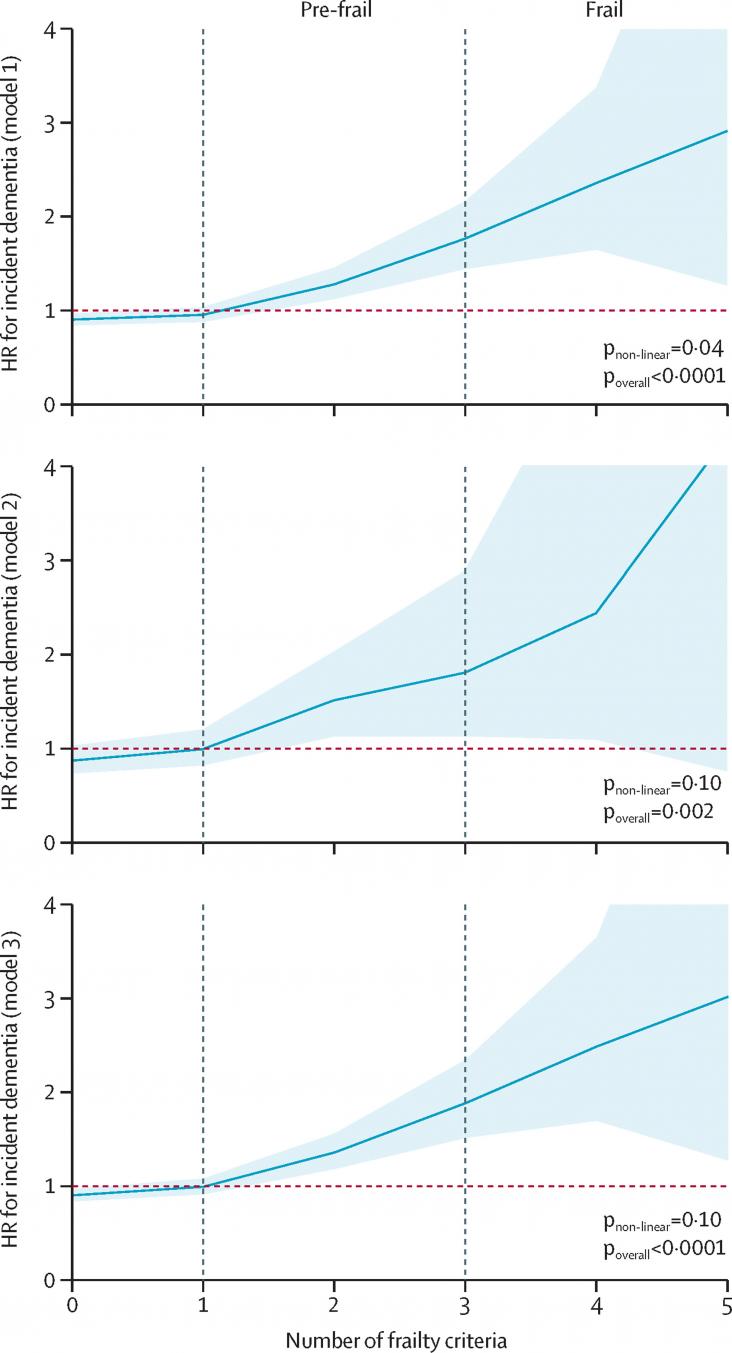December 3rd is the International Day of People With Disabilities (IDPWD).
A Viewpoint on recovering from the COVID-19 pandemic, in the context of SDGs 3, 5, and 10, focusing specifically on the benefits of investing in maternal, neonatal, and child health domains, including nutrition.
Elsevier,
Global Food Security,
Volume 27,
2020,
100442,
ISSN 2211-9124,
https://doi.org/10.1016/j.gfs.2020.100442.
This paper provides an overview of children and adolescents’ diet. Food systems need to be redesigned to improve diet quality in children 0-19 years in order to address the multiple burdens of malnutrition. Data systems also need to be strengthened to track data quality among children. This article advances knowledge on SDG 2 and 3.

Violence against women and girls is one of the most widespread violations of human rights. Global estimates published by WHO indicate that about 1 in 3 (35%) of women worldwide have experienced either physical and/or sexual intimate partner violence or non-partner sexual violence in their lifetime. Since 1981, Women's rights activists have observed November 25th as a day against gender-based violence. To mark this event, Elsevier presents a curated, open access collection of 52 journal articles and book chapters to highlight to the urgent need to end violence against women and girls.
Genetics, Neurology, Behavior, and Diet in Dementia, The Neuroscience of Dementia, Volume 2, 2020, Pages 833-847
This book chapter advances SDG #3 and #10 by focusing on mouse models of Alzheimer’s disease (AD), especially the 5xFAD line.
This chapter sets out to identify key dimensions of oppression and allyship in nursing, where nurses coming from dominant or privileged groups take action to reject and dismantle conditions of oppression.

An article on dementia incidence, in the context of SDG 3, focusing specifically on the association between physical frailty and all-cause dementia in the UK.
This book chapter advances SDG3 Good Health and Wellbeing and SDG 10 Reducing Inequalities by examining the diagnostic and investigatory applications of Magnetoencephalography (MEG) in various neurological diseases, including epilepsy and cognitive dysfunction.
This article supports SDG 2, SDG 3 and SDG 15 by highlighting the win-win solutions for national parks to both protect nature and improve local people's wellbeing.
Partner content
Global CitizenGlobal Citizen, 26th October 2020
COVID-19 testing in Africa has so far been limited to larger cities because of how the tests are conducted, which means that it is far more difficult to test those in remote and rural areas where there are higher rates of poverty. The United Nations’ Global Goal 3 promotes good health and well-being for all, and this can only be achieved if all people in all places have access to health care and virus testing.
